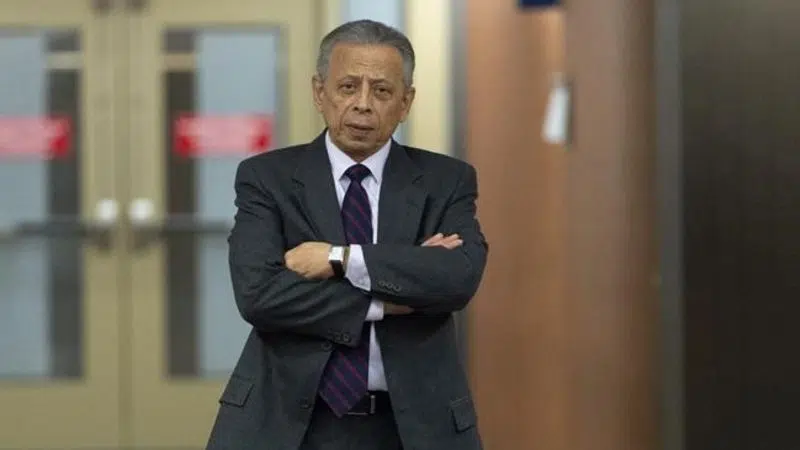
Ex-SNC-Lavalin exec’s trial hears of $10 million offer to witness for testimony
MONTREAL — A former SNC-Lavalin executive on trial for fraud and corruption tried to pay $10 million to have a key Crown witness change his story about the company’s dealings in Libya, the star witness told jurors Tuesday.
The allegation on Day 4 of the trial of Sami Bebawi came from the accused’s former subordinate at the Montreal-based engineering giant, Riadh Ben Aissa.
Ben Aissa told the court the sizable cash offer came while he was detained in Switzerland in an exchange between his legal representatives in that country and a lawyer representing Bebawi at the time, Constantine Kyres.
“I was offered $10 million in exchange for corroborating the version of Sami Bebawi,” Ben Aissa said, referring to an account given to Swiss authorities by the accused.

